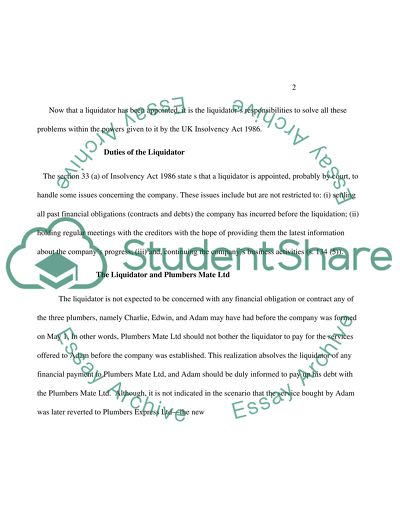Cite this document
(“Law business organisation Essay Example | Topics and Well Written Essays - 2250 words”, n.d.)
Retrieved from https://studentshare.org/environmental-studies/1406599-law-business-organisation
Retrieved from https://studentshare.org/environmental-studies/1406599-law-business-organisation
(Law Business Organisation Essay Example | Topics and Well Written Essays - 2250 Words)
https://studentshare.org/environmental-studies/1406599-law-business-organisation.
https://studentshare.org/environmental-studies/1406599-law-business-organisation.
“Law Business Organisation Essay Example | Topics and Well Written Essays - 2250 Words”, n.d. https://studentshare.org/environmental-studies/1406599-law-business-organisation.


